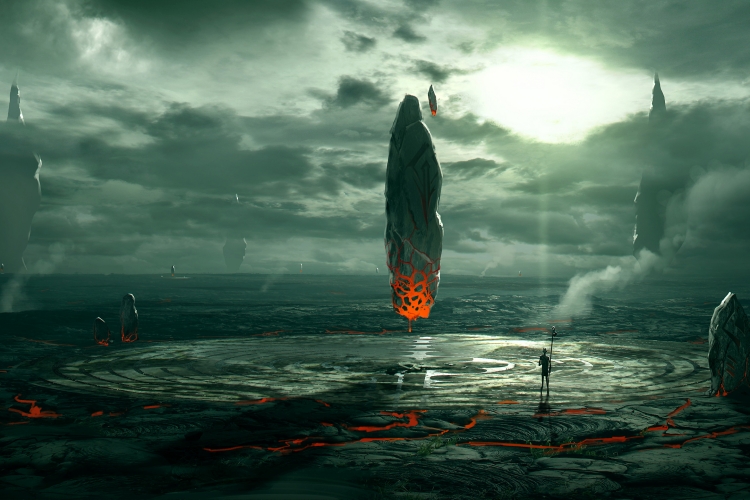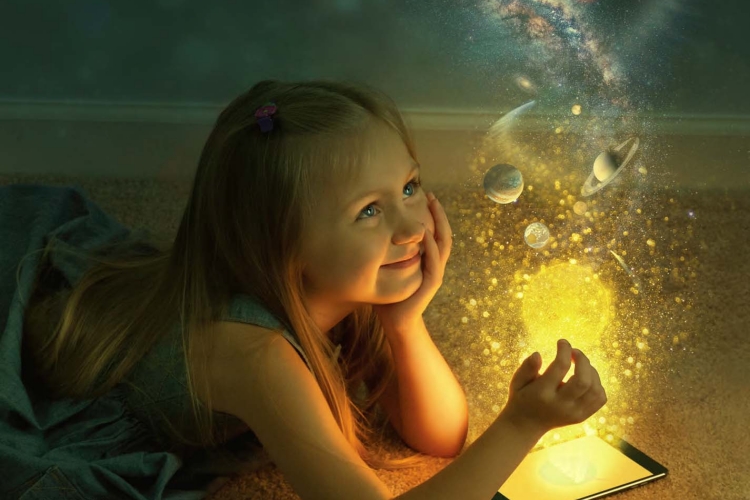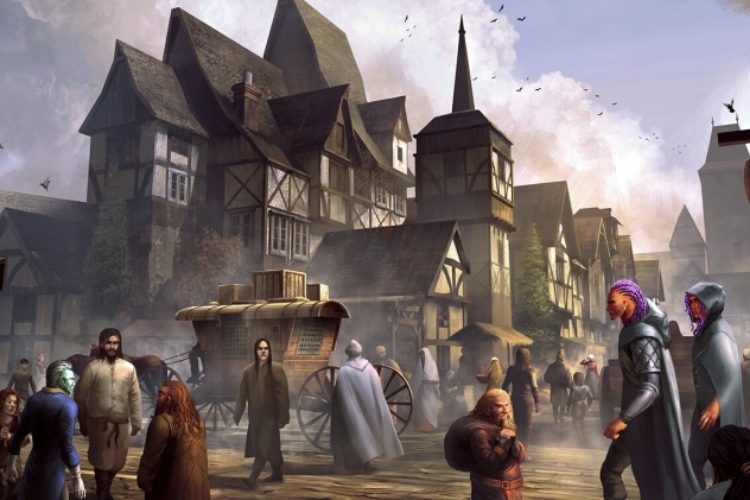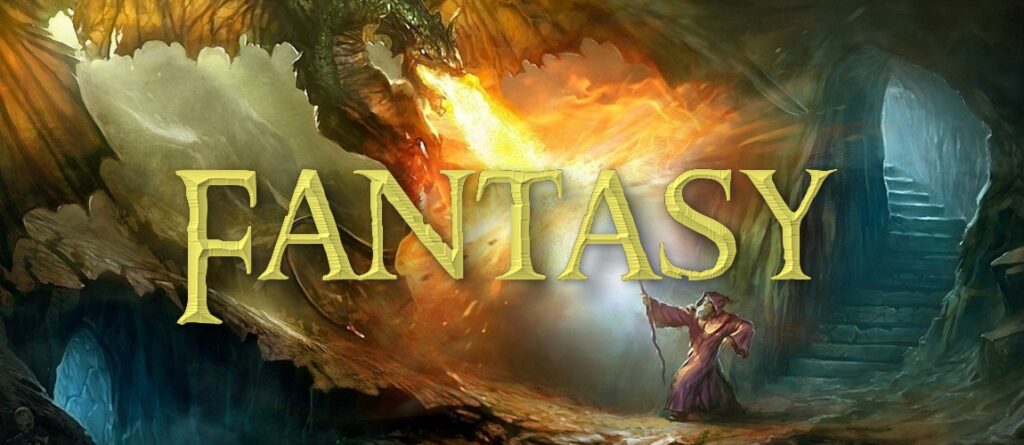Fantasy
By Morgana Savaloy
What is it, how do we define it and why do people seem to enjoy it?
Fantasy as a literary genre has been around for a significant period of time. Many trace it’s origins back to Phantastes written by George MacDonald and published in 1858. But, I suspect, that many would agree that fantasy was popularised by The Lord of the Rings, published in 1954, nearly a century later.
Of course, the ideas behind the genre can be traced back all the way back to what may have been the first recorded story, the Epic of Gilgamesh also widely referred to as the first science-fiction. It’s odd to think that both of these, now very different, genres could have originated in the same place. It can then be followed through the Ancient Egyptian and Greek religious texts and plays, and on through the Islamic world, One Thousand and One Nights being a good example. Beowulf and the Mabinogion were later examples of how this genre evolved in other cultures. Certainly, we can see the ideas and legendarium being followed through.
So, fantasy has a longer history then we might have considered, but what is it really? A dictionary definition (always a good fallback for someone lacking inspiration) might be “the faculty or activity of imagining impossible or improbable things”. This is actually a pretty useful definition as it focuses on three words which are, for me, the core of fantasy literature and separate it nicely from other areas of speculative fiction.
Impossible:- Fantasy should contain elements of the impossible. Magic as described in the majority of fantasy literature is a power that seemingly has no source and can achieve the mightiest of feats, in some cases, reshaping the universe of the story. Another example of that which cannot be done, is the dragon.
Dragons are pretty much biomechanically impossible. You cannot have a giant lizard with arrow-proof scales swanning about in the sky breathing highly destructive liquid fire on people. There’s so much that is wrong from a biological or basic physics point of view, that it boggles the mind. However, people love dragons and mythical creatures such as elves, centaurs or Canadians, despite their existence being in contradiction to all physical laws.
Improbable:- Gulliver’s travels posits the existence of an island floating in the sky, Laputa, is gloriously improbable and delightfully intriguing. The improbable forms the heart of many fantasy stories. Plato’s Atlantis seems extraordinarily improbable and yet remains in the public realm of consciousness thousands of years later. It seems that the more extraordinary the premise, the more it catches our imagination and thus the longer it remains popular.
Imagination: – This is the most telling component of fantasy, not only does it require ingenuity to create or put together existing ideas in a new way. But the very act of reading fantasy inspires you to imagine yourself, if only to think about what happens next. The best examples of this genre drive us to create mental pictures of the characters and locations in the story. And, best of all, imagination can allow us to see through the words to the underlying meaning of the story, perhaps it is moral in nature or an exploration of current trends or thinking? Perhaps it is truly philosophical and asks us to look at what makes people, people.
I believe that those who choose to read fiction are among the most gifted. That is not to say that they are talented or more than usually intelligent. No, they are literally gifted with a story or a world or an idea that takes you beyond yourself. These worlds allow you to access parts of yourself that everyday life usually never allows. It allows you to delve into the core part of your humanity that craves the legendary, the heroic, the epic. In this age of personal separation and digital interference, what could be more cathartic than to dream and share your dreams with like-minded people?
Fantasy, it’s not just for kids, it’s for the child inside us all!





Many thanks for reading this article. We hope it was interesting, informative and entertaining. Follow us on social media or share our content on your own pages. It helps us grow so we can create more free content for you.
